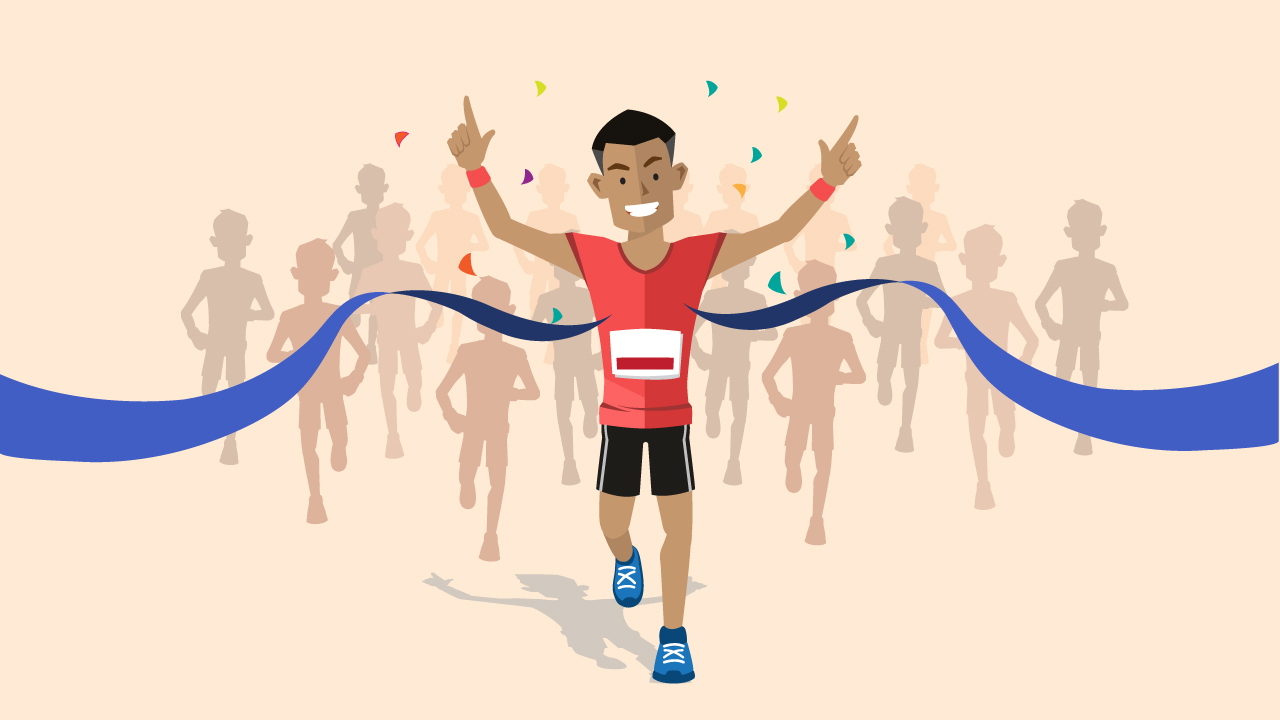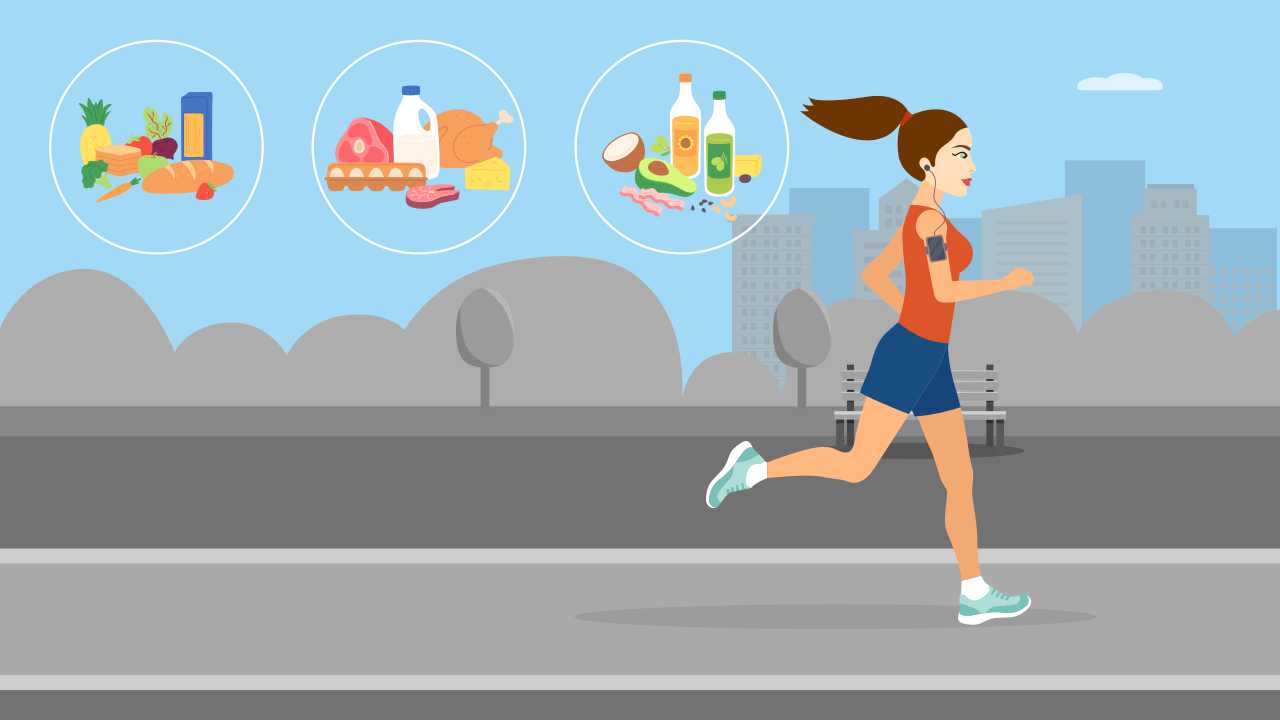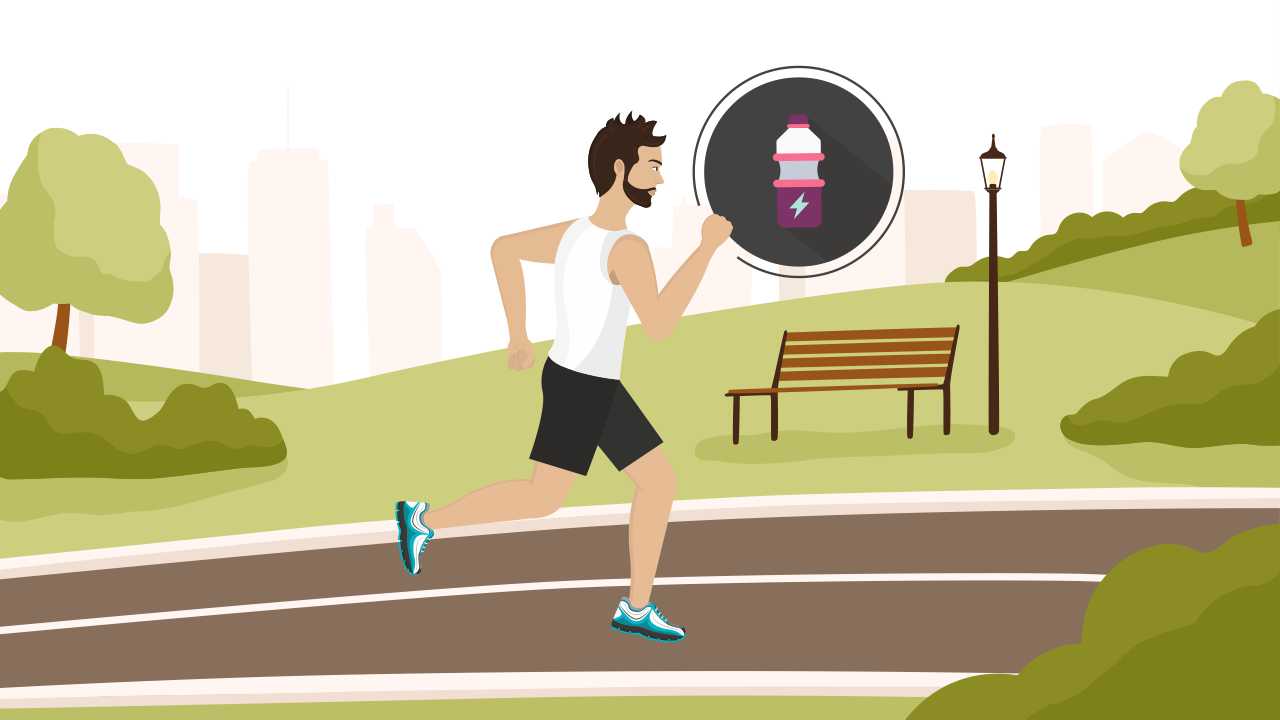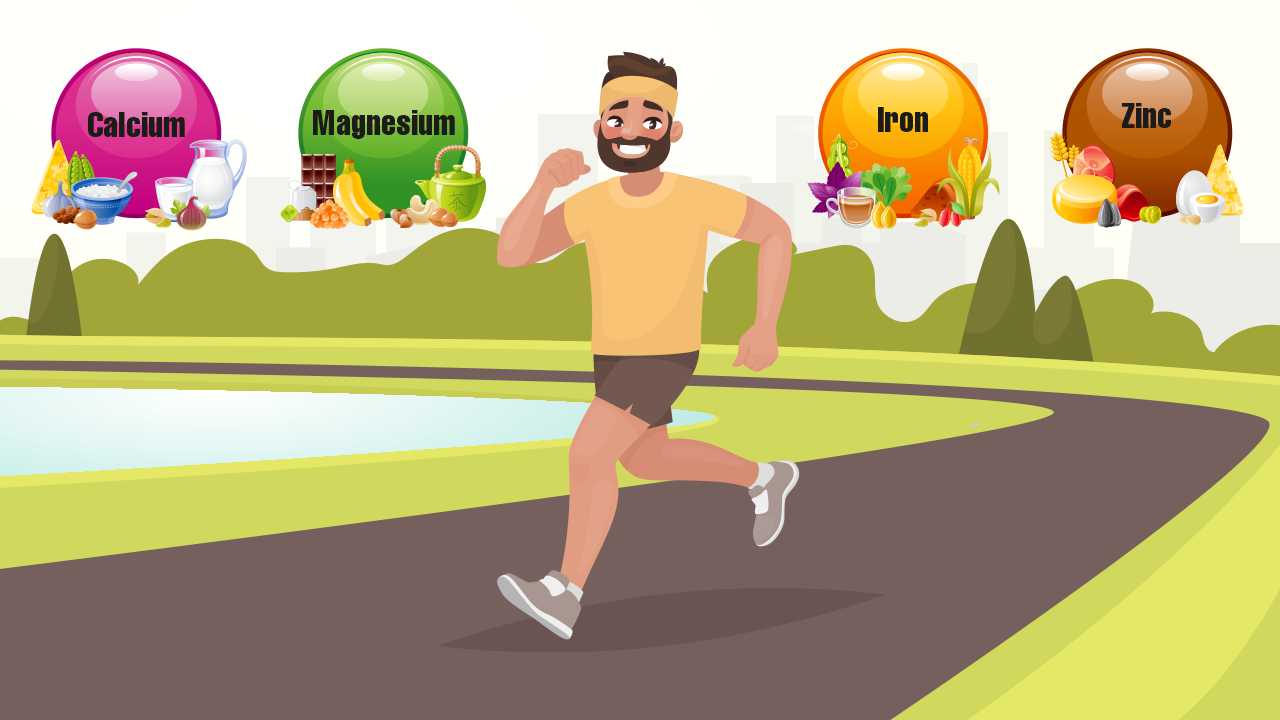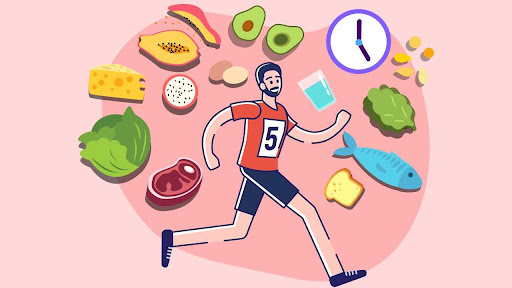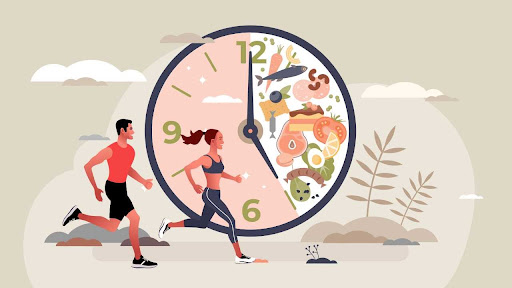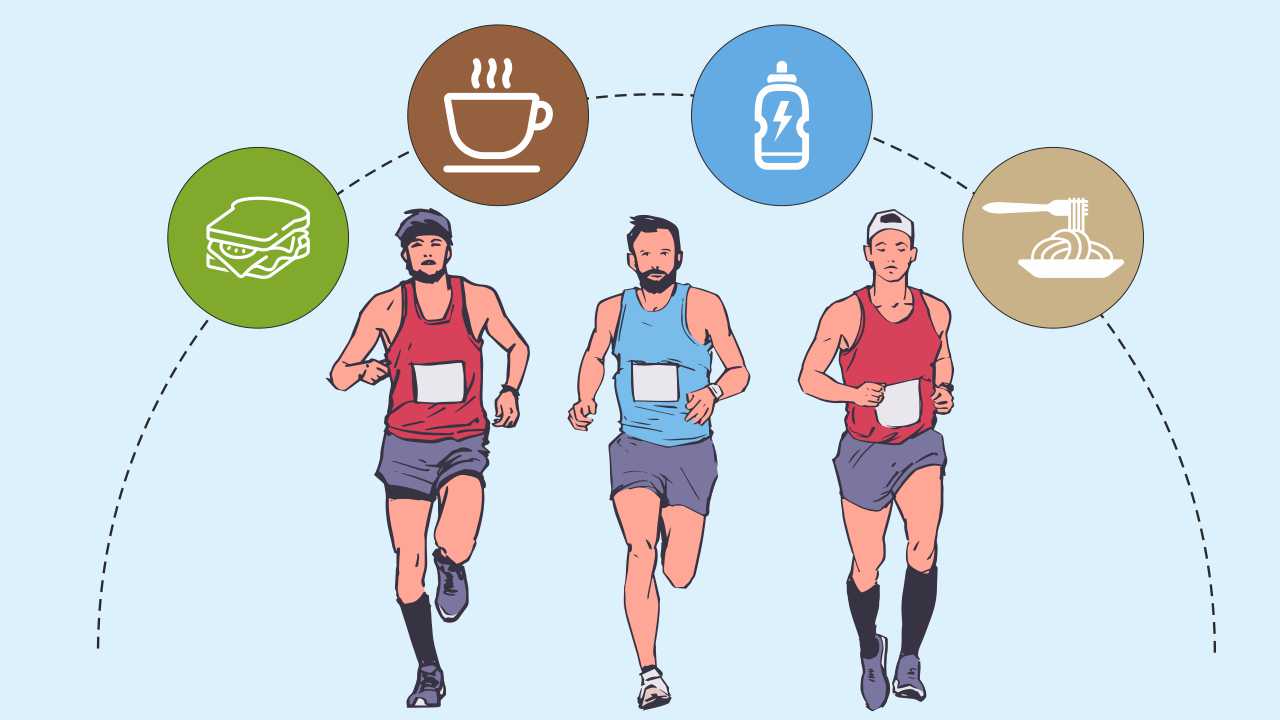
How Important Is Magnesium for Runners?
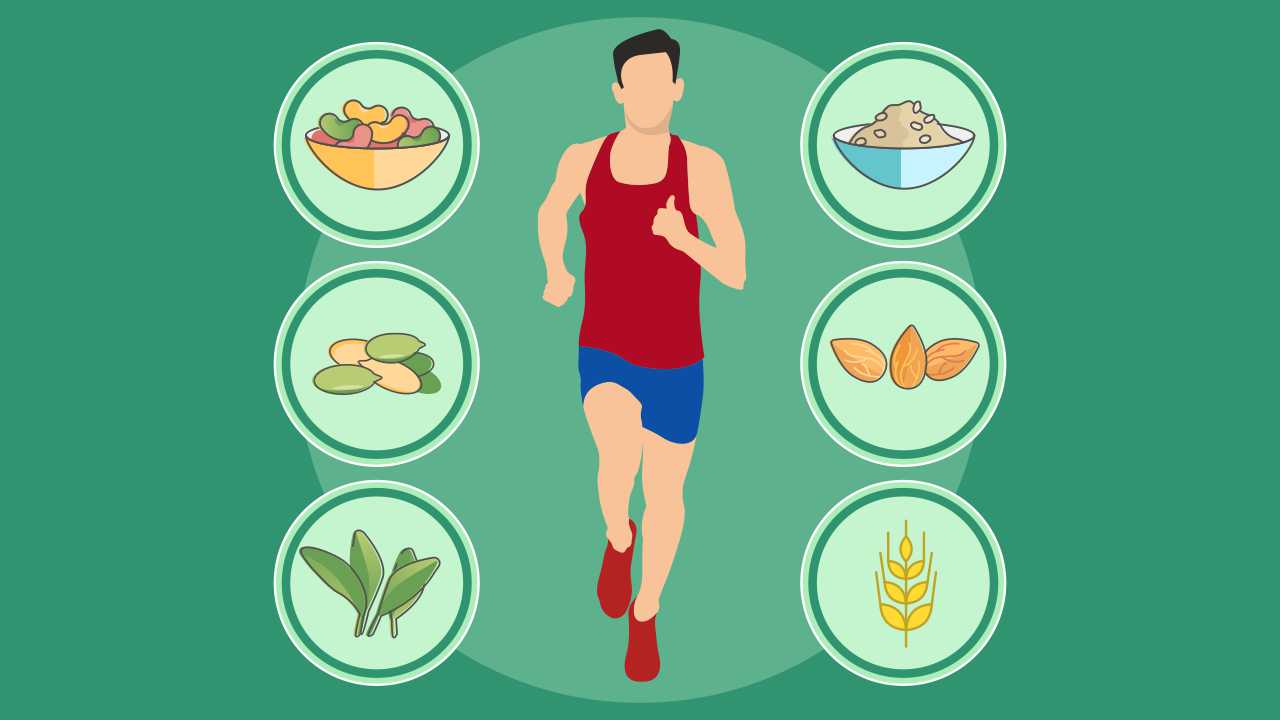
When we think of energy, we think of carbohydrates (carbs) and fats. While you derive energy from these sources, vitamins and minerals play a key role in extracting this energy. Magnesium is one of the most important minerals that help the body carry out metabolic processes. And when it comes to runners, this in turn helps increase their speed and energy. In fact, over 300 enzymes require magnesium to conduct various bodily functions, including muscle contractions, oxygen delivery to muscles, and protein synthesis for recovery.
Effect of magnesium deficiency on running performance
If you ever try to run hard and feel that your muscles are not cooperating, it’s possible that it’s the result of a magnesium deficiency that is preventing proper muscle contraction. Other signs of magnesium deficiency to look for include muscle spasms and frequent injuries, such as muscle strains along with symptoms like decreased appetite, nausea, weakness, and unexplained fatigue.
Another major indication to look for is constant cramping. However, this may mean a number of things. Leg cramps are common in runners and are caused by dehydration, lack of electrolytes, or poor conditioning with electrolyte status. Five electrolytes are found in sweat. These include sodium, potassium, chloride, calcium, and magnesium. While the loss of magnesium in sweat is negligible compared to sodium and potassium, an insufficient intake combined with heavy sweat rates can increase your risk of mid-run cramps that hamper performance.
Also read: Cramping: How Does It Occur and How Can You Prevent It?
How to maintain your magnesium levels
Even though magnesium is not the major electrolyte lost in sweat, it is important to consume sports drinks to reduce leg cramps. Look for a sodium-based electrolyte drink to recover lost liquids from your workout, and make sure to drink at least 400ml directly after exercising. This will help your muscles recover faster and replenish sweat loss. All sodium-based electrolyte drinks also contain small amounts of magnesium. The quantity of magnesium in these drinks is similar to the amount you lose while sweating during your workout. Proper hydration will help you determine if your cramps are due to dehydration or a magnesium deficiency. In case of magnesium deficiency, you could consider certain dietary recommendations.
If you consistently experience cramps or muscle spasms, ask your doctor for a blood test to check your serum magnesium levels
It is imperative that you identify these early signs and supplement as necessary; ignoring magnesium deficiency may lead to more severe symptoms, such as numbness, seizures, and abnormal heart function. Moreover, many common medications or diuretics interfere with magnesium absorption. If you have been taking medications for long periods, talk to your doctor about your magnesium levels to see if supplementation is required due to these interactions.
Sources of magnesium
As always, the best way to prevent these deficiencies, injuries and performance gaps is with an adequate diet and supplementation, if necessary. Focus on foods such as dark leafy greens, seeds, whole grains, oats, and beans to assure a magnesium-rich diet.
For instance, you can make a bowl with 80g of rice and 30g of beans and a salad on the side; or 60g of oatmeal with 30g of flax seeds for breakfast. For runners, hitting the daily recommendations of 320 mg/day (women) or 400 mg/day (men) has shown to improve strength and endurance. However, do note that while magnesium is crucial for energy production, exceeding these suggested levels will not provide any added benefit.
If you feel that you are deficient in magnesium and experience the above symptoms, it is advisable to add a supplement to your regimen.
While there are many options to choose from, Magnesium Citrate is absorbed best, making it the most beneficial alternative. If you are also taking a calcium supplement, avoid consuming magnesium and calcium together
It is because if you have them at the same time, both calcium and magnesium will not be absorbed properly. However, be careful with supplementation. Getting too much magnesium from supplements can lead to nausea and diarrhoea, resulting in dehydration and poor running performance.
Make it a point to focus on a food-first approach to reach your nutrients needs. Eating a diet with whole foods like whole grains, fruits, vegetables, and nuts/seeds will help you get your necessary magnesium from food. Look to use a supplement only if your diet cannot fulfill your magnesium-related needs. Consult a doctor or registered dietitian for further guidance on what is best for your health.
References
1. Zhang Y, Xun P, Wang R, et al. Can magnesium enhance exercise performance?. Nutrients 2017; 9: 946.
2. Heffernan SM, Horner K, De Vito G, et al. The role of mineral and trace element supplementation in exercise and athletic performance: a systematic review. Nutrients 2019; 11: 696.

